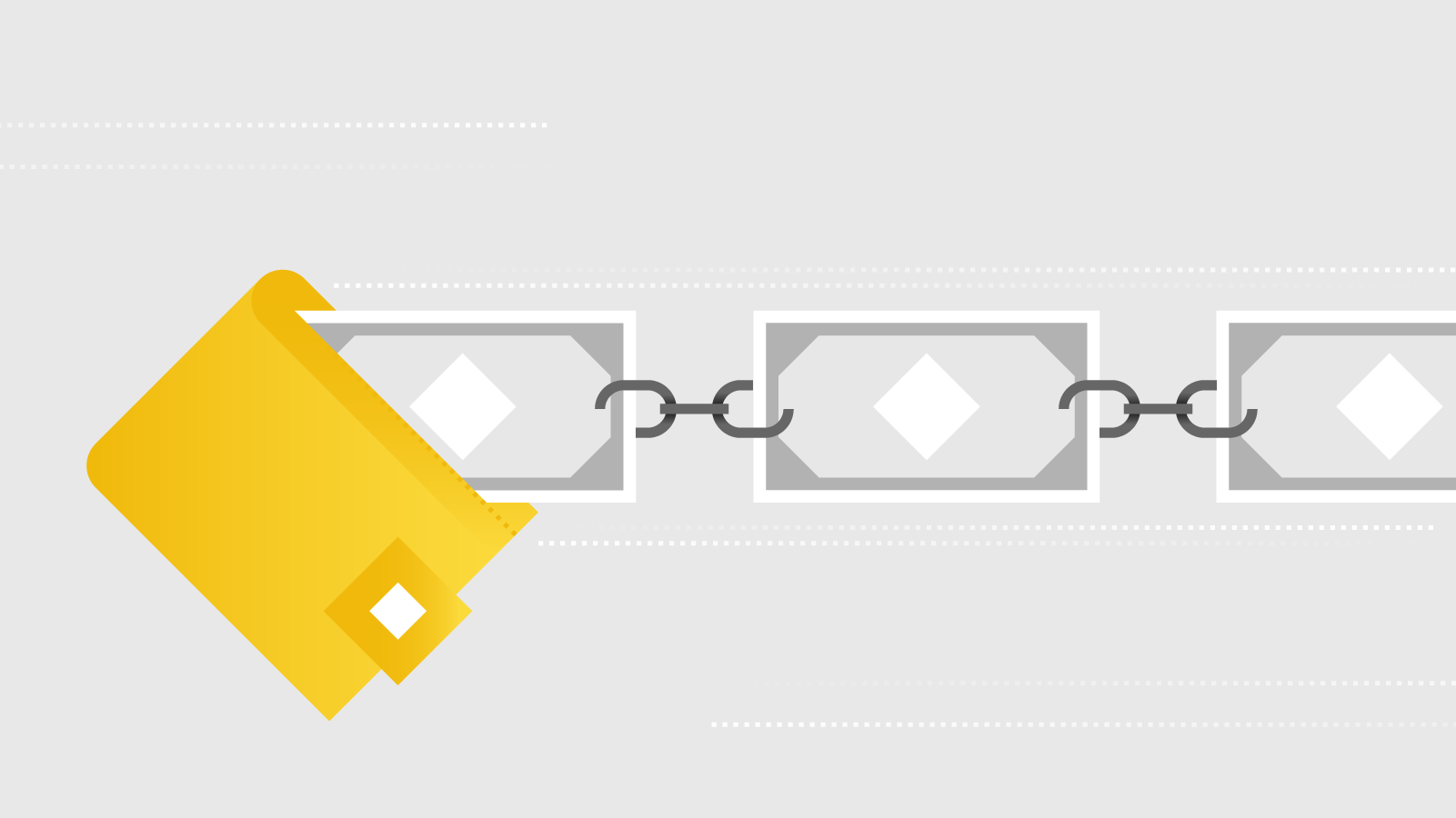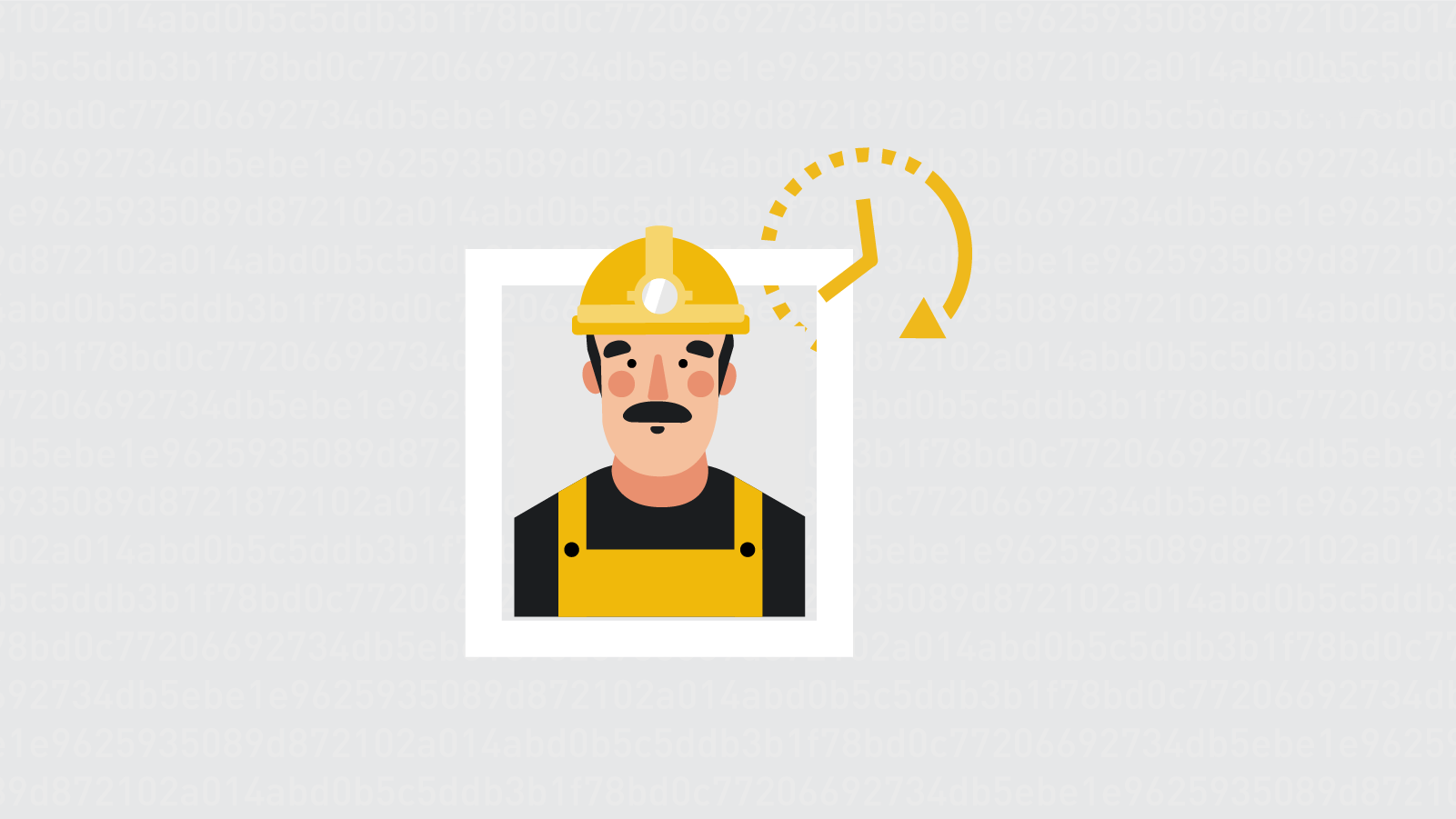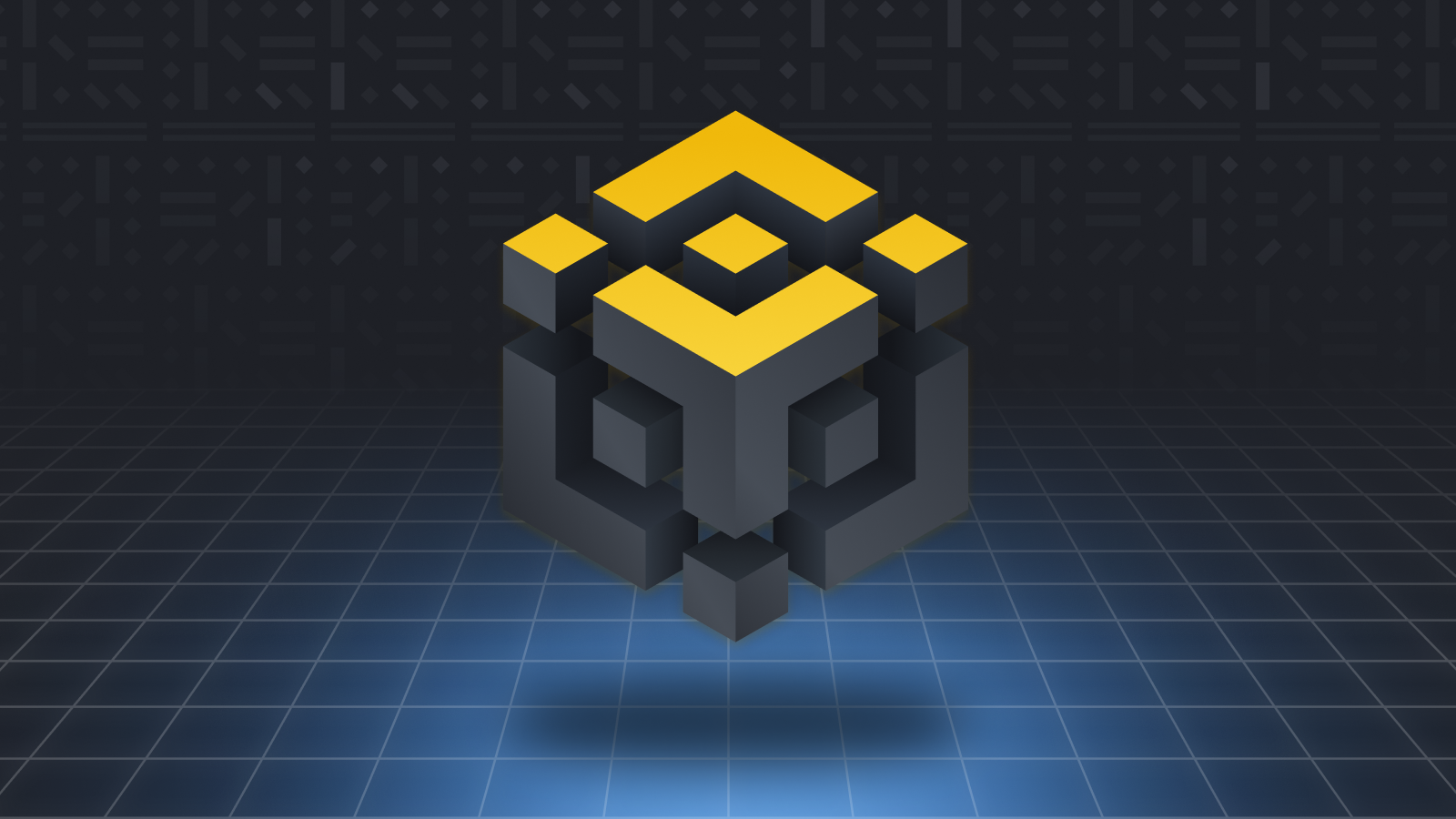
Криптовалютное пространство сильно изменилось со времен первой блокчейн транзакции в сети Биткойн. Наряду с известными алгоритмами Proof of Work и Proof of Stake были предложены другие механизмы с альтернативными методами достижения консенсуса в рамках блокчейна.
Показать полностью... 




